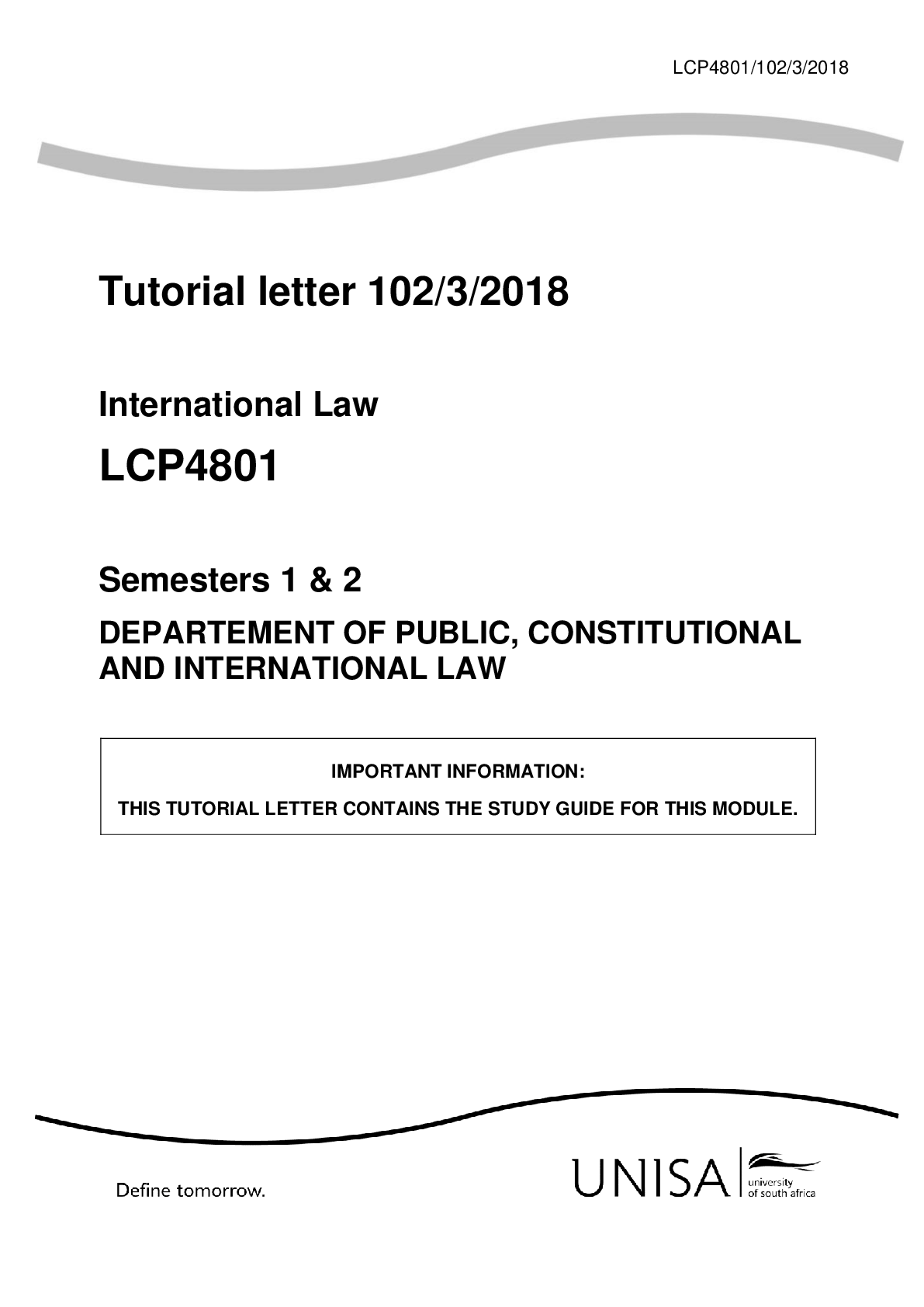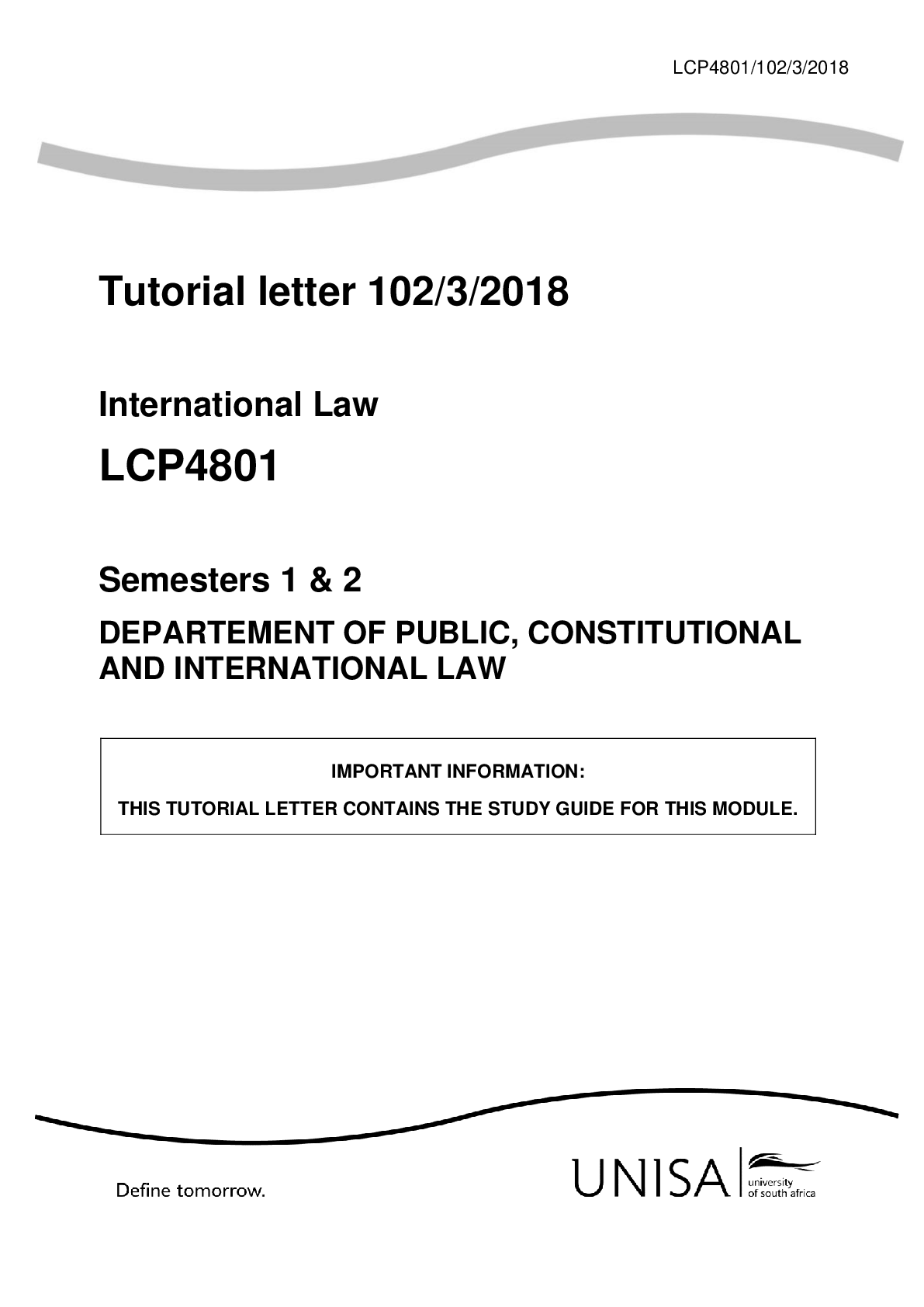DEPARTEMENT OF PUBLIC, CONSTITUTIONAL AND INTERNATIONAL LAW Semesters 1 & 2
Course
Philosophy
Subject
Chemistry
Category
Study Notes
Pages
81
Uploaded By
ATIPROS
Preview 5 out of 81 Pages


Download all 81 pages for $ 16.00
Reviews (0)
$16.00
